The Best Islamic Education in the UAE- where a nurturing environment fosters both knowledge and faith. Uncover the unique approach that shapes individuals with a strong foundation in Islamic values and a well-rounded education.
Introduction
Islamic Education plays a crucial role in the United Arab Emirates (UAE) as it aims to provide students with a strong foundation in Islamic values, knowledge, and faith. The UAE recognizes the importance of integrating Islamic teachings into the educational system to nurture well-rounded individuals who are rooted in their religious beliefs. In this article, we will explore the various aspects of Islamic Education in the UAE, including its history, curriculum, teaching methods, and the impact it has on students’ lives.
The Importance of Islamic Education

Islamic Education holds significant importance in the UAE as it helps preserve and strengthen the Islamic identity of its citizens. The UAE’s leadership recognizes that providing students with a solid understanding of Islamic principles fosters a sense of belonging, moral values, and ethical conduct. By integrating Islamic teachings into the education system, the UAE aims to create a society that upholds Islamic values while embracing modernity.
A Brief History of Islamic Education in the UAE
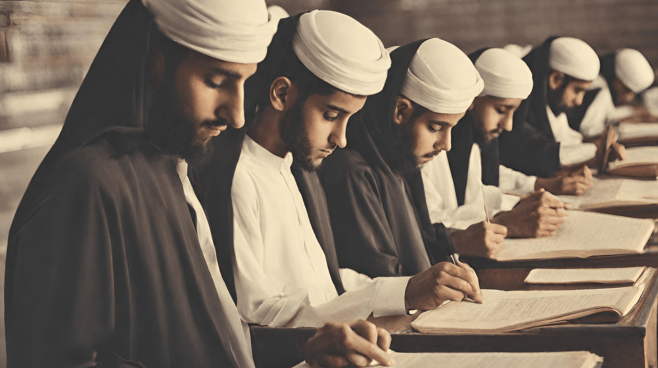
Islamic Education in the UAE has a rich history that dates back centuries. Traditionally, education in the UAE was provided through informal gatherings known as “Majlis,” where students would gather to learn from religious scholars. These gatherings served as a platform for imparting knowledge on Islamic theology, jurisprudence, and Arabic language.
Over time, the UAE has witnessed a transformation in its educational landscape. The establishment of formal educational institutions, such as Islamic schools and universities, has allowed for a more structured approach to Islamic Education. Today, the UAE boasts a wide range of educational institutions that cater to students seeking a comprehensive Islamic education.
The Curriculum of Islamic Education
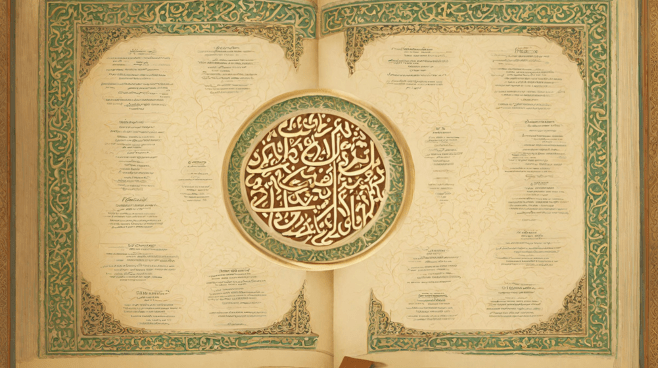
The curriculum of Islamic Education in the UAE is designed to provide students with a holistic understanding of Islamic teachings. It encompasses various subjects, including Quranic studies, Hadith (sayings and actions of the Prophet Muhammad), Islamic history, Arabic language, and Islamic ethics. The curriculum ensures that students not only gain theoretical knowledge but also develop a deep understanding of the practical application of Islamic principles in their daily lives.
Islamic Education also emphasizes the importance of character development, promoting values such as compassion, tolerance, and respect. By instilling these values in students, the UAE aims to create a generation of individuals who contribute positively to society.
Teaching Methods in Islamic Education

To ensure effective learning, Islamic Education in the UAE employs a range of teaching methods that cater to different learning styles. These methods include traditional classroom instruction, interactive discussions, group activities, recitation of Quranic verses, and memorization of selected texts. Teachers strive to create a nurturing environment that encourages students to actively engage with the subject matter, fostering a love for learning and an appreciation for Islamic teachings.
Islamic Education in Schools
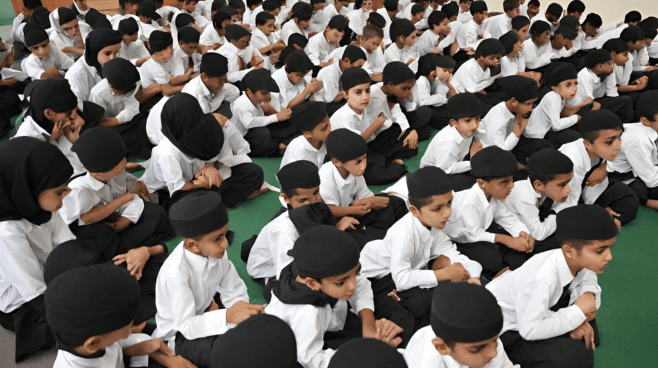
Islamic Education is an integral part of the curriculum in both public and private schools across the UAE. In public schools, Islamic Education is mandatory for all Muslim students, while private schools provide it as an elective subject. The UAE’s education system ensures that students receive a comprehensive Islamic education, regardless of their school type.
Islamic Education classes in schools cover a wide range of topics, including the study of the Quran, Islamic history, the life of the Prophet Muhammad, and Islamic jurisprudence. These classes aim to deepen students’ understanding of their faith and encourage them to apply Islamic teachings to their daily lives.
Islamic Education in Universities

The UAE is home to several universities that offer specialized programs in Islamic Studies. These universities provide higher education opportunities for students who wish to pursue in-depth knowledge of Islamic theology, jurisprudence, and Arabic language. The programs offered at these universities cater to students aspiring to become scholars, researchers, or educators in the field of Islamic Studies.
Islamic universities in the UAE provide a rigorous curriculum that combines both theoretical and practical aspects of Islamic Education. Students engage in critical analysis of Islamic texts, research projects, and discussions on contemporary issues related to Islam. Graduates from these universities contribute significantly to the development of Islamic scholarship in the UAE and beyond.
The Role of Technology in Islamic Education
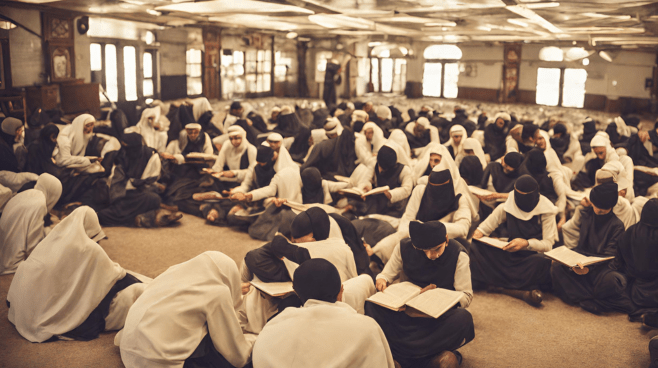
In recent years, the UAE has embraced technology to enhance the delivery of Islamic Education. Online platforms, educational apps, and digital resources have made Islamic teachings more accessible to students, allowing them to engage with the subject matter beyond the confines of the classroom. These technological advancements have opened up new avenues for learning, enabling students to explore various aspects of Islamic Education at their own pace.
The Impact of Islamic Education
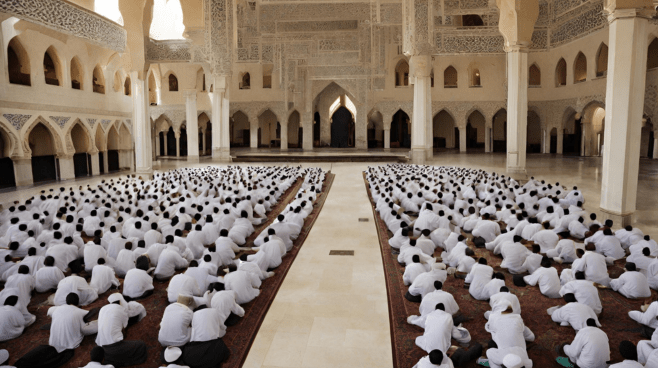
Islamic Education has a profound impact on students’ lives in the UAE. By instilling a strong foundation in Islamic values and knowledge, students develop a deep sense of identity, spirituality, and moral responsibility. Islamic Education equips students with the tools to navigate the challenges of the modern world while remaining steadfast in their faith.
Moreover, Islamic Education fosters a sense of unity and cohesion among students from diverse backgrounds. It promotes understanding, respect, and tolerance, creating a harmonious society that celebrates its Islamic heritage while embracing cultural diversity.
Conclusion
Islamic Education in the UAE plays a vital role in shaping the minds and hearts of students. By integrating Islamic teachings into the education system, the UAE ensures that its citizens receive a comprehensive Islamic education that strengthens their faith and nurtures their character. The UAE’s commitment to Islamic Education reflects its dedication to preserving its Islamic identity while fostering a society that embraces knowledge, compassion, and inclusivity. Through the efforts of educators and educational institutions, Islamic Education in the UAE continues to inspire generations and contribute to the growth and development of the nation.
Frequently Asked Questions (FAQ)
What is the importance of education and knowledge in Islam?
Education is the key to balance the growth of the personality by training yourself to be spiritual, intellectual, and rational. Education is the path that connects your personality with pure soul hence, Education in Islam means acquiring divine knowledge. In Islam, Ilm means the action of education.
What is the main faith of Islam?
Monotheism (Tawhid ): The main message of Islam is monotheism. Belief in monotheism is the cornerstone of the Islamic faith. Muslims believe that all the Prophets sent by God to humanity shared the same central message, and that was the message of monotheism.
What is the most important teaching in the Islamic faith?
The belief that “There is no god but God, and Muhammad is the Messenger of God” is central to Islam. This phrase, written in Arabic, is often prominently featured in architecture and a range of objects, including the Qur’an, Islam’s holy book of divine revelations.
What are the main sources of knowledge in Islamic education?
The two major sources of the religion of Islam is the Quran and Hadith. These two are where the majority of the teachings come from. When looking for guidance, a Muslim often refers back to one of these two in order to educate themselves on a topic. The Quran is the central religious text of Islam.
What are the basic knowledge of Islam? Thus the basic articles of Islamic faith are: (a) belief in the oneness of Allah, (b) belief in the prophets and in the guidance that they bequeathed, (c) belief in the angels, (d) belief in the books, (e) belief in the Day of Judgment, and (f) belief in fate.



